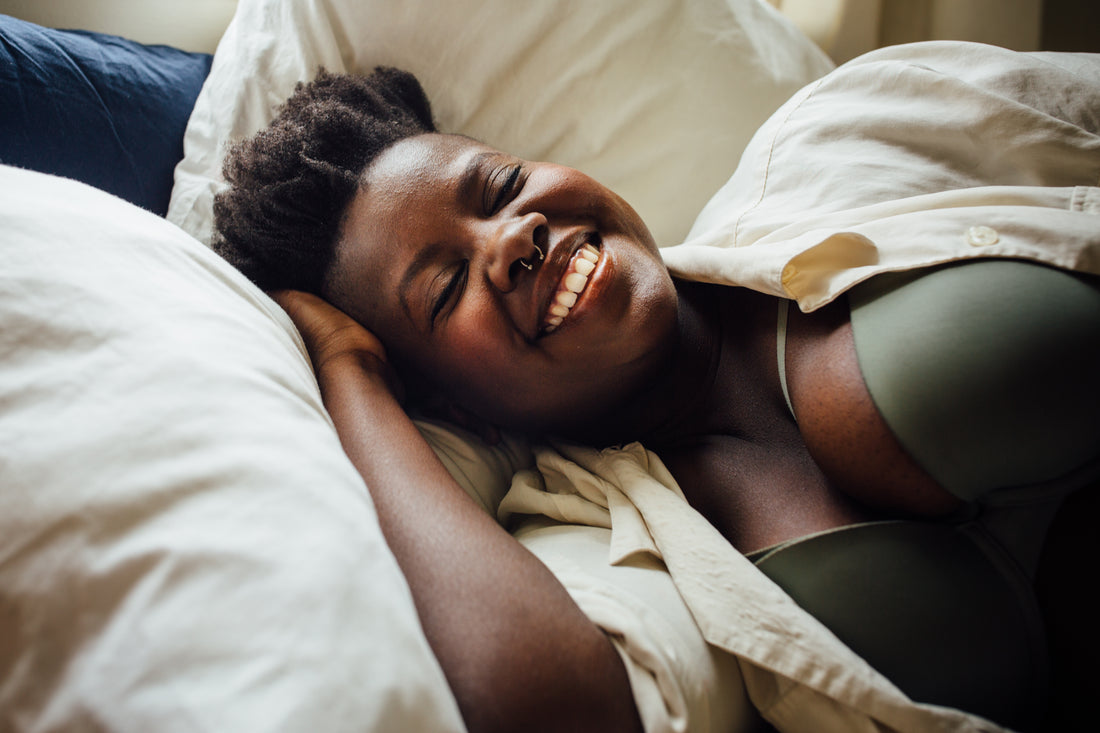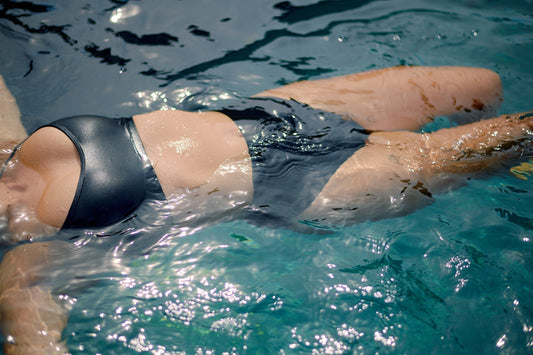
How Reusables Helped Me Escape Body Shame
Guest BloggerThrilled to welcome our guest blogger today, A. Rochaun Meadows-Fernandez. She is a diversity content specialist who produces materials relating to mental and physical health, sociology, and parenting.
Sometime between sixth-grade and teenagerhood, I learned to hate my period. Thinking back, it nearly impossible not to. The expectation to discuss period-related items, like pads, in a hushed whisper told me I should be discreet and ashamed. Similarly, the way the phrase “must be that time of the month,” was often weaponized to invalidate my passion said it made me irrational.
I internalized the message that my period was a burden with a constant risk for public embarrassment. Through the years, I associated menstruation with pain, exhaustion, and social isolation. I was one of the millions of women who dreaded that time of the month. That is until I took control and I decided I wasn’t going to carry that shame anymore.
One day, I realized I'd been socialized to hate my body, and that realization caused everything else to click.
One day, I realized I'd been socialized to hate my body, and that realization caused everything else to click. The culture around me had set rules about everything from what to buy during menstruation, all the way to how I should feel about it. But my blood was nothing to be ashamed of. It was a sign that my body was functioning as it was designed to do. With that information in mind, I decided to be proactive in all areas of my reproductive health.
The first thing I did was end the inactivity. I’d been using my period as an excuse to see no one and do nothing. I never enjoyed spending a week in quarantine, but I felt like the best way to cope with the pain was in the comfort of my bed. But suddenly doing that didn’t make sense anymore. I realized I’d allowed my period to control me more than it was ever intended to. My life didn’t have to end at menstruation. I got out of the house and challenged myself to live life, period or no period.
Next, I dedicated more time noticing the patterns in my cycle. I learned to pay more attention to its length as well as the cues, like cervical position and mucus, my body gave me about my reproductive health. I allowed in myself to take control of my fertility, an act that was indescribably powerful. But the benefits didn’t stop there. Paying attention to my body also meant learning the signs I should see a doctor. Assessing the pain I felt during my period lead me to a fibroids diagnosis. If I hadn’t been doing more to learn about my body, I might not have ever checked. I finally understood my reproductive health was something I could play an important role in, not just something that happened to me.
That sense of control altered my perspective on life. I wasn't afraid of my body anymore, and it changed the way I interacted with myself and the world around me.
That sense of control altered my perspective on life. I wasn't afraid of my body anymore, and it changed the way I interacted with myself and the world around me. For the first time, I saw myself as a one link in the chains of the universe instead isolated in existence. That change made me think more about what I put into my body as well as how I interacted with the world. It made me think critically about the way what I’d used during my period affected my body and the earth.
Pads and tampons brought me more questions than answers, and I wanted something more permanent. Research showed me alternatives like menstrual cups and reusable pads worked better for my body, pocketbook, and the environment. I leaped toward menstrual cups and fell in love.
After an adjustment period, my menstrual cup gave me a freedom I never had before. I was free from the burden of changing pads and discarding of them in trash cans. Using my cup just felt right. Finally, I understood that erasing the stigma lead to the curiosity to try something new and started me on the rewarding path of being proactive with my reproductive health.
Embracing my cycle has changed the way I view myself along with how I interact with the world around me. I can't wait to see where else this curiosity takes me. I'm closer to the beginning of my sustainability journey than the ending. But it’s much easier to move forward after leaving the shame behind.




